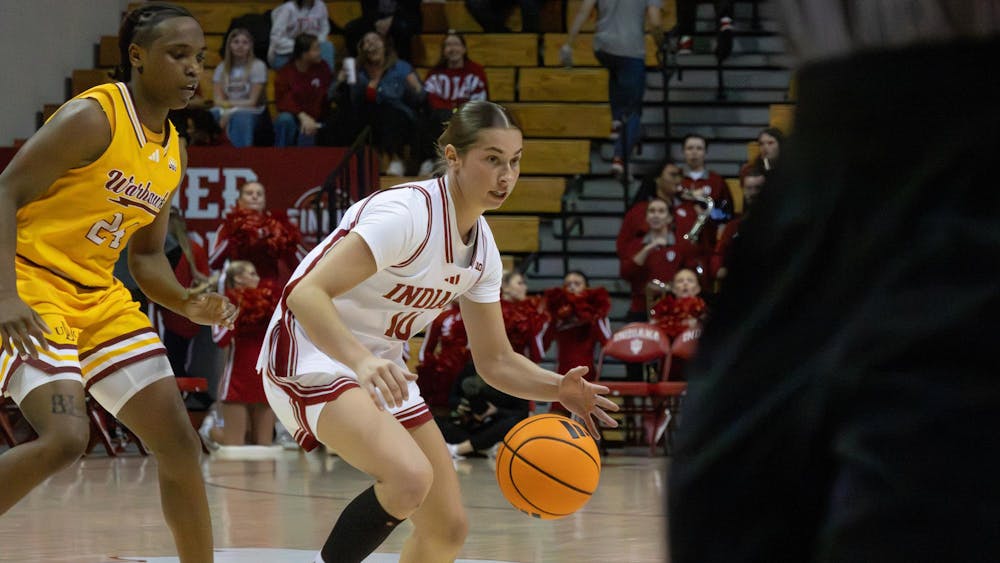Lazy students or lazy teachers?
While the reason isn’t clear, the effects are: One in five college students comes to class “often or very often” without completing required readings or assignments, according to a national survey of college students.
The results were released last month in the National Survey of Student Engagement, an annual study of about 770 universities across the country.
IU professor Alex McCormick, director of the survey, called the study “worrisome” and said it was hard to pinpoint from where the results come.
“The reality is multi-faceted,” McCormick said.
He likened the problem to a two-way street, with teachers and students sharing some of the responsibility.
“There’s plenty of blame to go around,” McCormick said.
He said students might not be prepared because of a heavy course load, working a job or only doing part of the homework. Still, he said there are some that just don’t complete the readings.
He said teachers should also be held accountable for students not completing the readings.
“In some cases,” McCormick said, “the faculty members are assigning work that is not required to succeed in the class or work that students aren’t being held accountable for.”
Students’ reaction to the survey was mixed, but many agreed some assignments were just busy work.
“I’ve had reading that had nothing to do with what we’re doing in class or won’t be on the test,” said freshman Alan Case.
Case said students find little motivation to complete unnecessary requirements.
“It’s kind of hard to justify doing something that you know isn’t going to pop up in class again,” Case said.
For young students, being unprepared comes from the new freedom.
“It’s college. You pay for it. If you don’t want to do it, you don’t have to,” said sophomore Rashonda Brooks, who said students had more supervision in high school.
“There’s a big separation between you not having an adult telling you what to do and you being able to do whatever you want,” she said.
Junior Tiffany Chamberlain said 20 percent sounded low and estimated it was about half. She said most people she talks to in class don’t come prepared.
Still, McCormick said students must be accountable for their learning. Although he acknowledged that teachers play a role in the process, he said it is still the students’ responsibility to complete the assignments.
“I’m sure some students are lazy,” Chamberlain said. “I can’t speak for everybody. I just think there’s just too much other stuff to be doing to sit down and read about things that aren’t that interesting.”
Survey: 20 percent of students don’t complete homework
Get stories like this in your inbox
Subscribe





